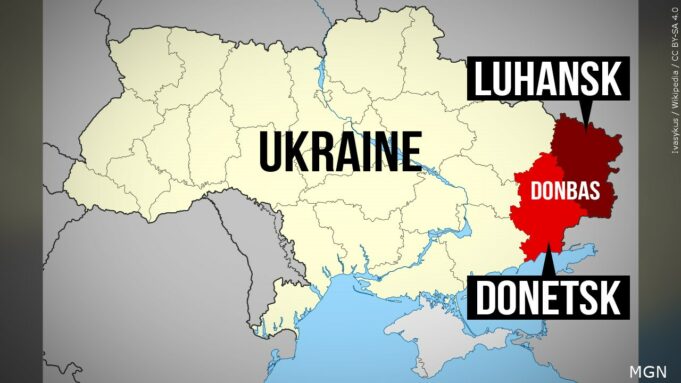Fear of major war erupting in Europe and a possible third World War came as Russian President Vladimir Putin declared two breakaway enclaves in neighboring Ukraine independent, ordering “peacekeeping” troops into the area. The West called his act a violation of Ukraine’s sovereignty.
His action left United States and European allies scrambling for a response at Final Call presstime. But how far would Mr. Putin move into Ukraine? And what would America and her European allies do after having told Mr. Putin not to invade Ukraine?
The West labeled Russia’s backing of the separatist movements an excuse to grab territory. Russian-backed fighters in the regions have been engaged in conflict for almost a decade.
But analysts warned a wider land war in Europe could be bloody and devastating.
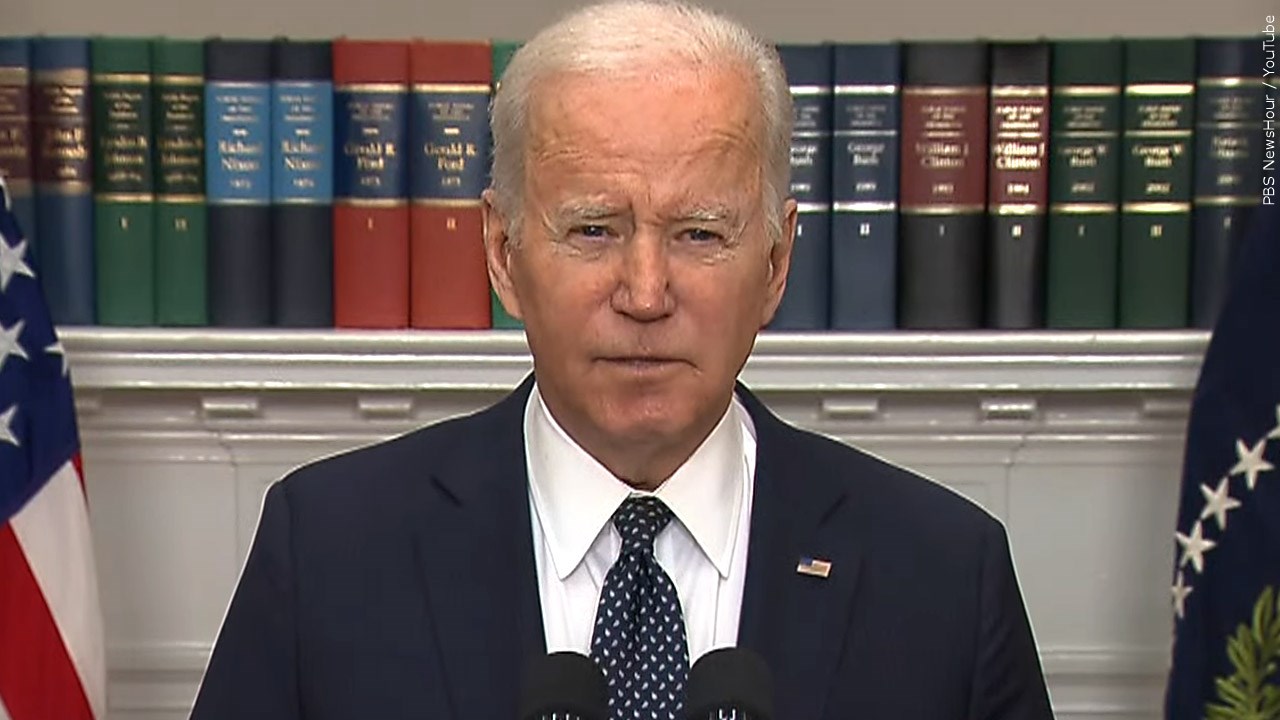
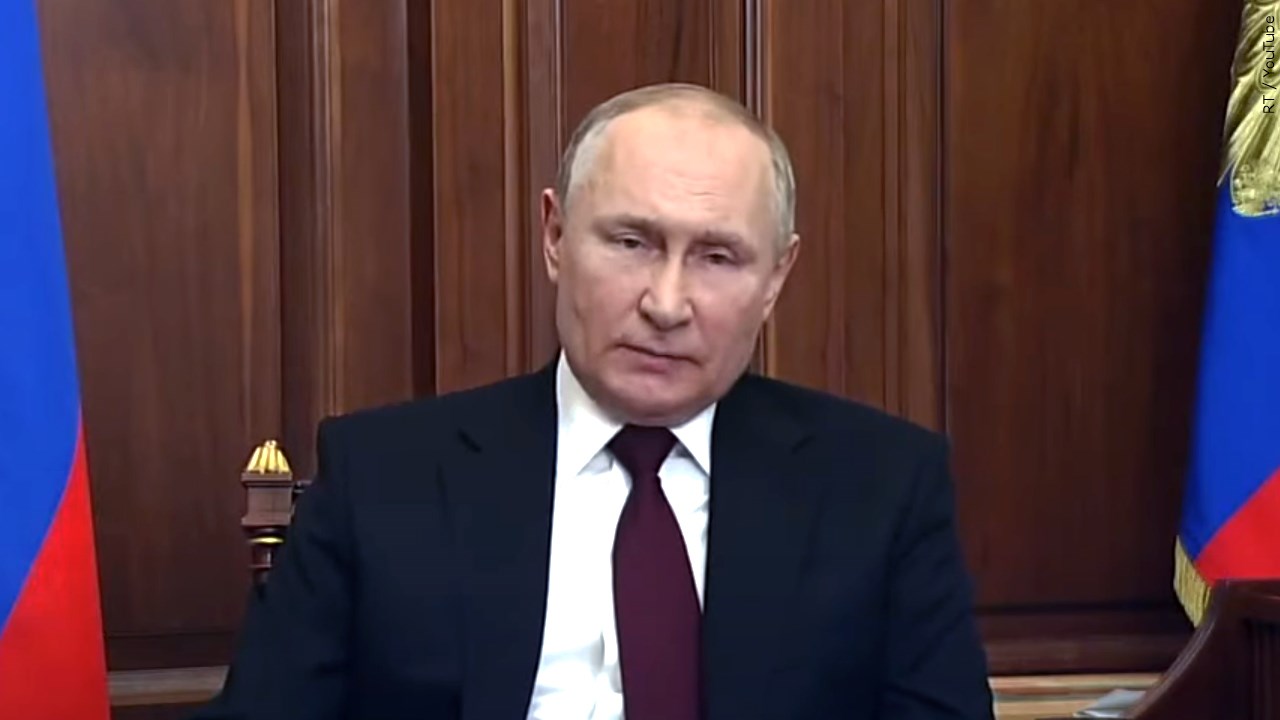
After massing huge forces on the borders of Ukraine, President Putin made his move and his arguments.
NATO, the Western alliance formed as a bulwark against the old Soviet Union and now against Russia, vowed to confront Mr. Putin, saying diplomacy was possible but a strong rebuke of military action would come. Ukraine, Russia’s neighbor, wants to join NATO and has been promised protection.
Mr. Putin complained Western nations had refused to deal with security concerns that would arise if Ukraine joined NATO.
Anti-war groups in the United States demanded that the war rhetoric cool and declared diplomacy was the only solution.
There were also fears a shooting war in Europe between Western nations and Russia could morph into a third World War.
Ajamu Baraka, national organizer for Black Alliance for Peace, argued America never wanted de-escalation, despite President Biden and White House officials saying they were committed to a peaceful, diplomatic outcome.
“They are angling for a proxy-war,” Mr. Baraka told The Final Call. “The objective of U.S. policy was to create pretext for sanctions as a weapon of capitalist economic war. So, there was really nothing that the Russians could have done short of complete surrender. The U.S. has its pretext, let’s hope it stops here,” said Mr. Baraka.
Mr. Putin made a speech and signed a decree Feb. 21 recognizing “the independence and sovereignty of the Donetsk People’s Republic and the Lugansk People’s Republic” in his televised address. The Russian-speaking enclaves have long enjoyed support from Mr. Putin.
President Joe Biden quickly announced sanctions against the two regions. His order will prohibit new investment, trade, and financing by Americans to, from, or in the regions.
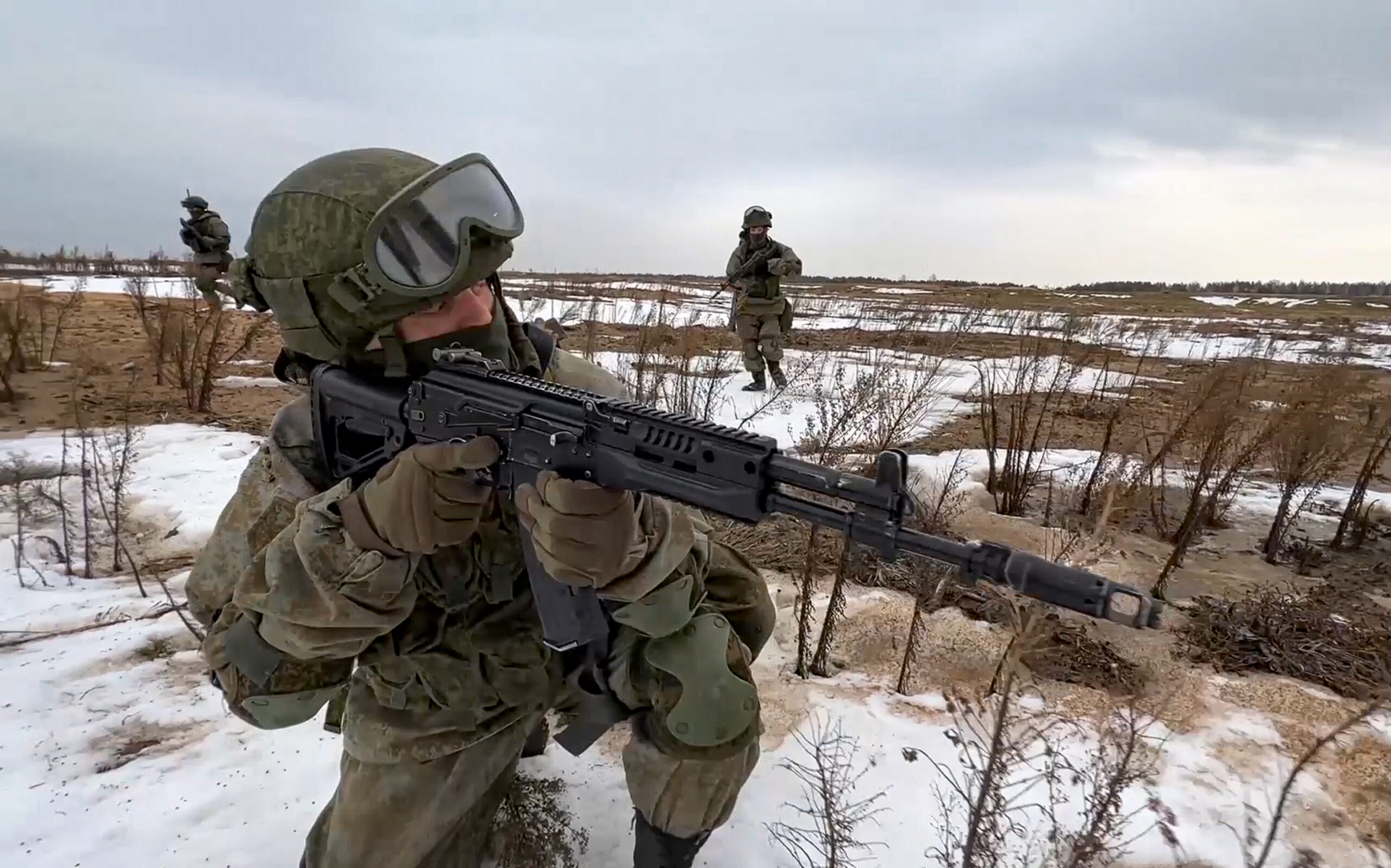
White House Press Secretary Jen Psaki, in a statement, said the sanctions are “separate from” and “would be in addition to” economic measures the U.S. and NATO allies would unleash against Russia if Mr. Putin made more moves in Ukraine.
Russia had massed huge military forces on the Ukrainian border. With neighboring Belarus, Russia launched major military drills. Belarus borders Ukraine near its capitol Kyiv, and Poland—a major location of NATO and American military bases.
Russia invaded Ukraine in 2014, annexing its Crimea region, and backed Russian-speaking separatists in the eastern regions of the country.
“If Ukraine was to join NATO it would serve as a direct threat to the security of Russia,” said Mr. Putin in his Feb. 21 message. He argued Ukraine was not a state but part of one country before “Bolshevik, communist Russia” created something different.
“From the very first steps (Ukraine) began to build their statehood on the denial of everything that unites us. They tried to distort the consciousness, the historical memory of millions of people, entire generations living in Ukraine,” he said.
Mr. Putin also accused America of pursuing “a pronounced anti-Russian policy.”
“Let me explain that U.S. strategic planning documents contain the possibility of a so-called preemptive strike against enemy missile systems. And who is the main enemy for the U.S. and NATO? We know that too. It’s Russia. In NATO documents, our country is officially and directly declared the main threat to North Atlantic security. And Ukraine will serve as a forward springboard for the strike. … They are trying to blackmail us again. They are threatening us again with sanctions, which, by the way, I think they will introduce anyway as Russia’s sovereignty strengthens and the power of our armed forces grows,” he said.
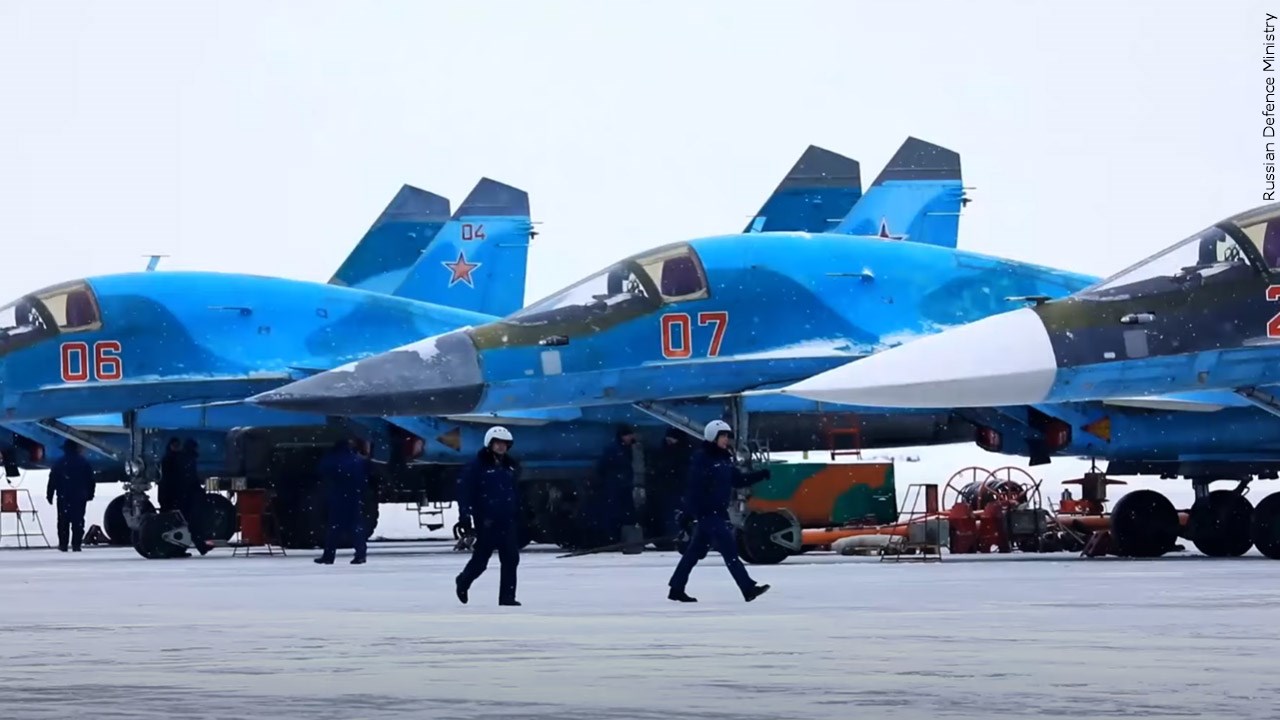
“There is only one goal—to restrain the development of Russia. And they will do it, as they did before,” Mr. Putin said. But “we will never compromise our sovereignty, national interests and our values,” he vowed.
“The level of threats to our country is increasing significantly, Russia has every right to take retaliatory measures to ensure its own security. That is exactly what we will do,” Mr. Putin declared. He added that his actions were justified by Ukrainian forces “shelling of the territory of Donbas, as a result of which the civilian population is suffering.”
As reported in CommonDreams.org, economist and Columbia University professor Jeffrey D. Sachs called “for a diplomatic solution, including an agreement by the U.S. to compromise on NATO expansion. ‘As misguided as the Russian actions are,’ argued Sachs, ‘American intransigence regarding NATO enlargement is also utterly misguided and risky. True friends of Ukraine, and of global peace, should be calling for a U.S. and NATO compromise with Russia—one that respects Russia’s legitimate security interests while fully backing Ukraine’s sovereignty.”
Mr. Biden had said he could meet with Mr. Putin if the military crisis did not escalate. The “prospect of continued dialogue left open the possibility of averting a war involving two nations that together possess more than 90 percent of the world’s nuclear weapons,” CommonDreams.org noted.
—Naba’a Muhammad and Brian E. Muhammad, The Final Call












